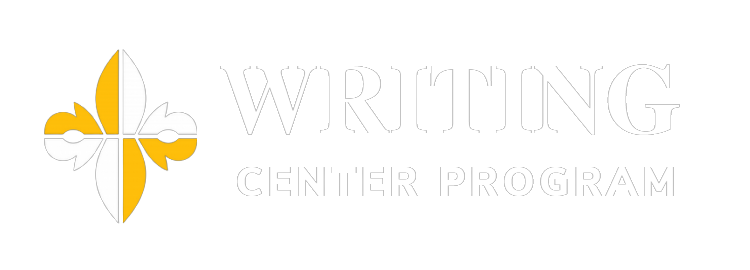NU Writing Talks
When they come to University, our students expect to learn to “write academically.” What they often mean by that is a general set of verbal skills that can be applied—like a universal key—to all academic tasks and contexts. What they learn, instead, is that writing is a dynamic and strategic social activity, which unfolds in specific contexts and shapes individual thinking processes as well as collective, institutional ones.
Far from being something “extra” that academics do only when prompted and in addition to their regular scholarly and research activities, writing is central to “how things are done” in disciplinary knowledge and academic life more generally. That is why the theme for this year’s edition of NU Writing Talks is “Writing to learn, engage, and create.”
By writing, students not only learn foundational concepts and become familiar with basic epistemic and disciplinary frameworks, but also analyze and apply those concepts and frameworks to new problems and situations, and become adept at evaluating and creating claims to knowledge. In short, writing supports the whole range of cognitive learning objectives pursued in higher education and constitutes a major induction into critical thinking.
Panel 1: Putting Philosophy Into Practice: The Student Experience in the Writing Process
Panel 2: Creative Writing in Academia: More than An Elective Practice
Panel 3: Undergraduate Peer Writing Tutors and Collaborative Learning
Panel 4: Genre and Agency in Graduate Writing
Putting Philosophy Into Practice: The Student Experience in the Writing Process
- Panel 1 Presenters (ENG)
- Panel 1 Talking Points (ENG, RUS, KAZ)
- Panel 1 Transcripts (KAZAKH & RUSSIAN)
- Quotation Sandwich INSTRUCTIONS (ENG)
- Quotation Sandwich GRADING RUBRIC (ENG)
- Annotated Bibliography INSTRUCTIONS (ENG)
- Annotated Bibliography GRADING RUBRIC (ENG)
- Argumentative Essay 2 INSTRUCTIONS (ENG)
- Argumentative Essay 2 GRADING RUBRIC (ENG)
- Writing Process Journal Prompts (ENG)
Creative Writing in Academia: More than An Elective Practice
Undergraduate Peer Writing Tutors and Collaborative Learning
Genre and Agency in Graduate Writing
